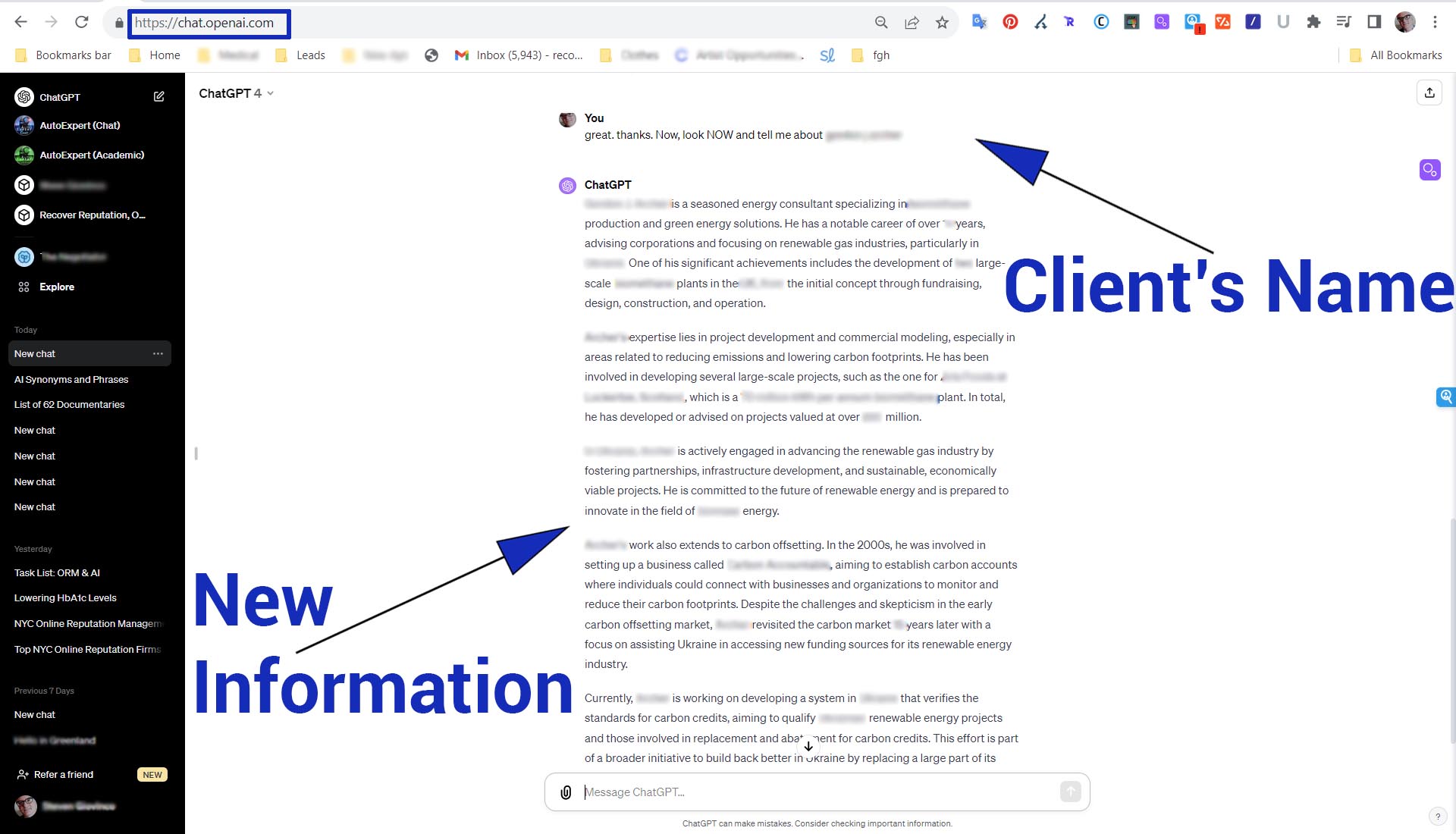Last Updated on August 3, 2023 by Steven W. Giovinco
Review sites such as Yelp and e-commerce sites such as Amazon—and many others–are very important to customers today because of the information they provide during the sales process as well as impacting their online reputation. More and more, potential clients turn to Amazon’s reviews, for example, before buying. As a result, having impeccable reviews leads to more sales. Negative reviews can easily and quickly show up on the top of search results for your company. One reason why is because site like Yelp generate huge traffic and Google generally sees these sites (or most of them) as “trustworthy” and pushes them to the top of search results (again, generally speaking. There are many factors that go into Google’s algorithm.) What to do if you get negative reviews? Here are five ways to respond to negative reviews on sites like Yelp or ComplaintsBoard.com. Remember: don’t panic and don’t take it personally. First, contact the reviewer. Keep it professional and never engage in a battle since this could enflame things and make the problem much, much worse. If they posted something on a site like CompaintsBoard.com or Scam.com or others, contact the reviewer off-line because any additional comments you make on the site will only increase the ranking and makes the review show up higher. Offer a discount or if there is any way you can correct the problem and THEN if they are satisfied ask to remove or modify the review. Apologize and be polite, and see if this is a systemic problem in your business that needs to be addressed further—in which case be thankful that it was brought to your attention–of its just one disgruntled customer. Writing a bad review or trashing the reviewer (or a competitor) does not help matters at all and it could really hurt. If the reviewer finds out they could retaliate or even take some type of legal action. Additionally, besides being just wrong, it can give you a negative reputation—the very thing you are trying to recover. Tempting as is might be, writing your own positive reviews could be harmful. If fact, its one of the last things you want to do. Why? Sooner or later, the false reviews will be discovered—along with your poor credibility with your customers. Although sites like Yelp don’t verify directly if a review is trustworthy or real, they are getting much better about determining if it is legitimate and once they discover a false one, they take it down. Also, many users can sniff out a false review or a 5-star overly glowing post. Be sure to so a search for your name or business frequently and see what is being said about you—this is your online reputation, or really just your reputation. Better yet, sign up for Google Alerts so you can be automatically be aware of things being said about you online. This is a free service and you just need a Gmail account to get started. A great way to prevent negative reviews is to solicit positive ones. It’s important to not give the impression that the client is required to submit a review in exchange for a review. Rather, seek them out or ask for them if they’ve received great service, etc. If you’ve other questions regarding reviews and online reputation repair and recovery, feel free to reach out to me anytime—I’d be glad to answer.See Related Article: 25 Free Online Reputation Management Tips and Tools
But what happens if your reviews are less than stellar?
See Related Article: Each Negative Link or Review Loses Thirty Customers or $30,000
1. Reach Out to Reviewer
2. Don’t Write Negative Content About The Reviewer
3. Don’t Create False Reviews
4. Know Your Online Reputation
5. Proactively Solicit Reviews
See Related Article: Calculating the Value of Online Reputation Management



